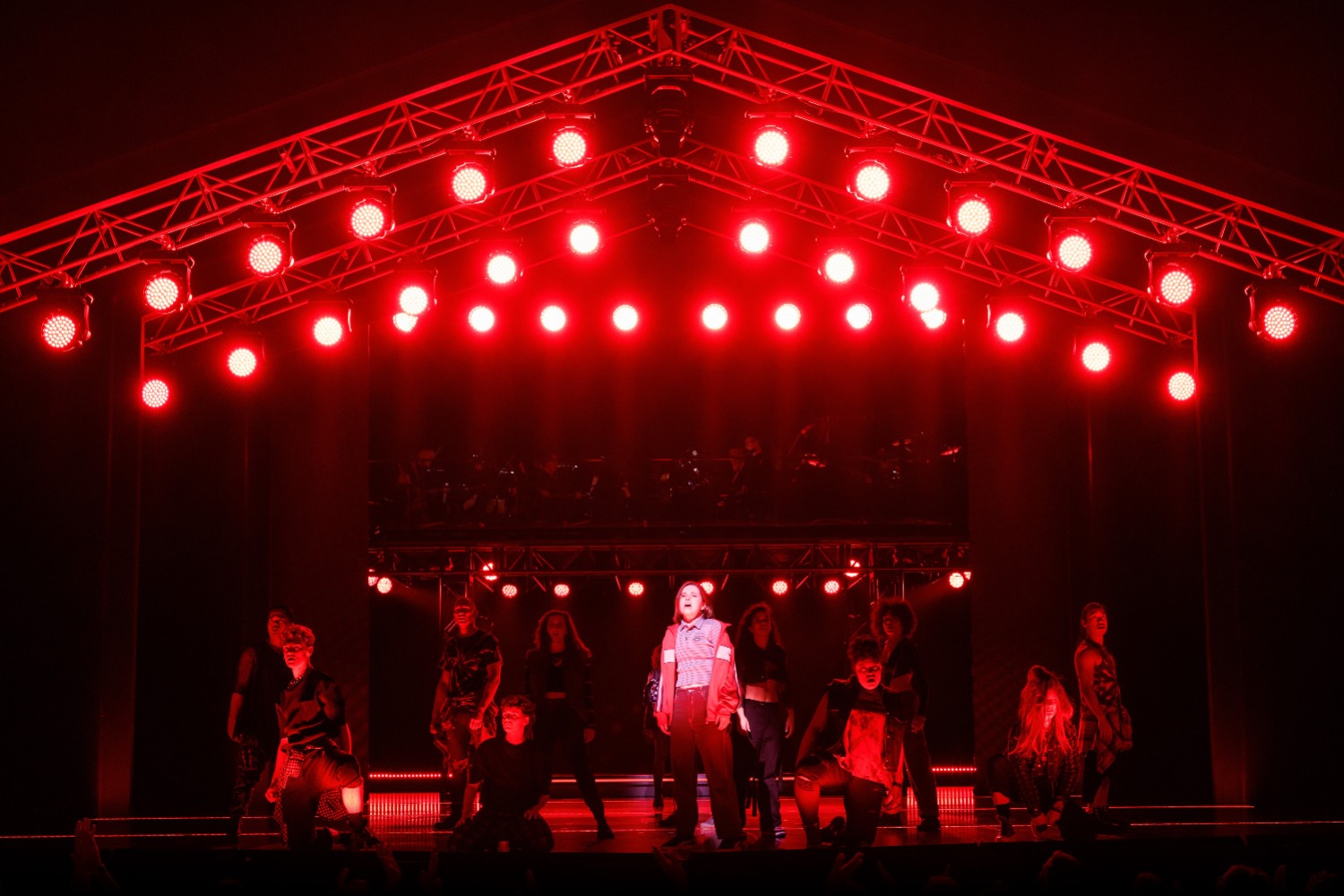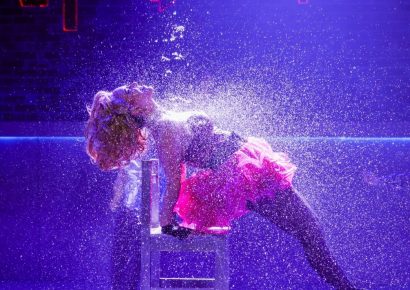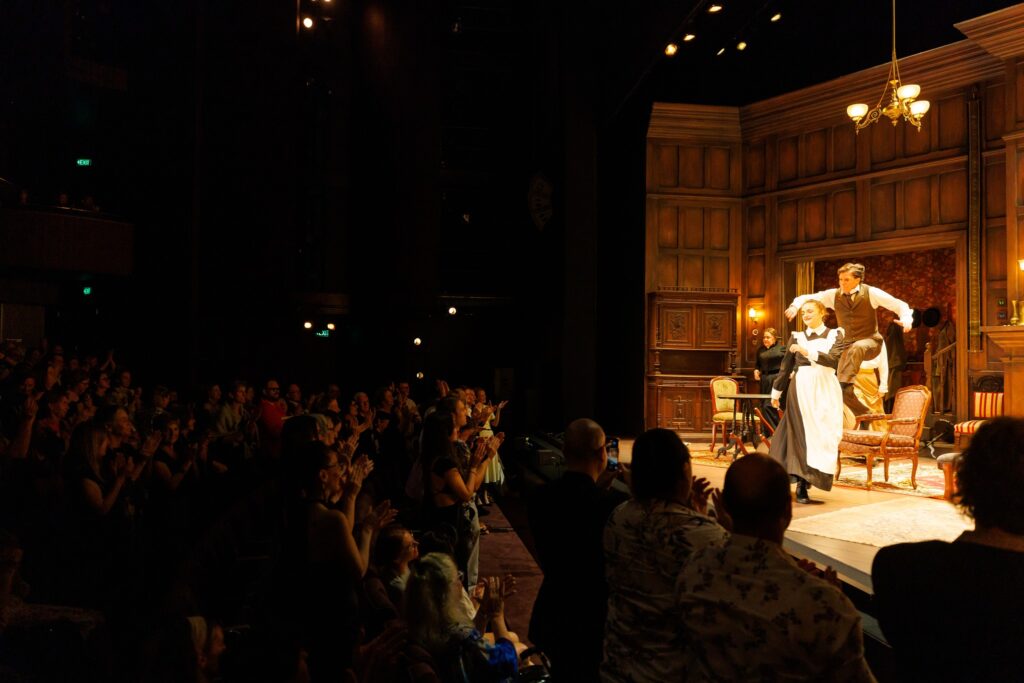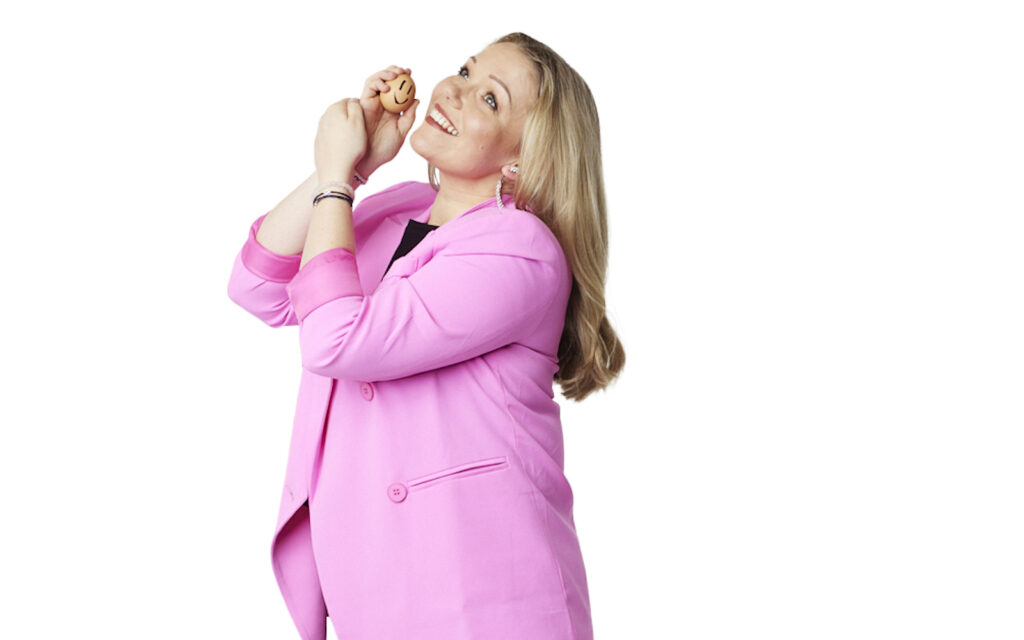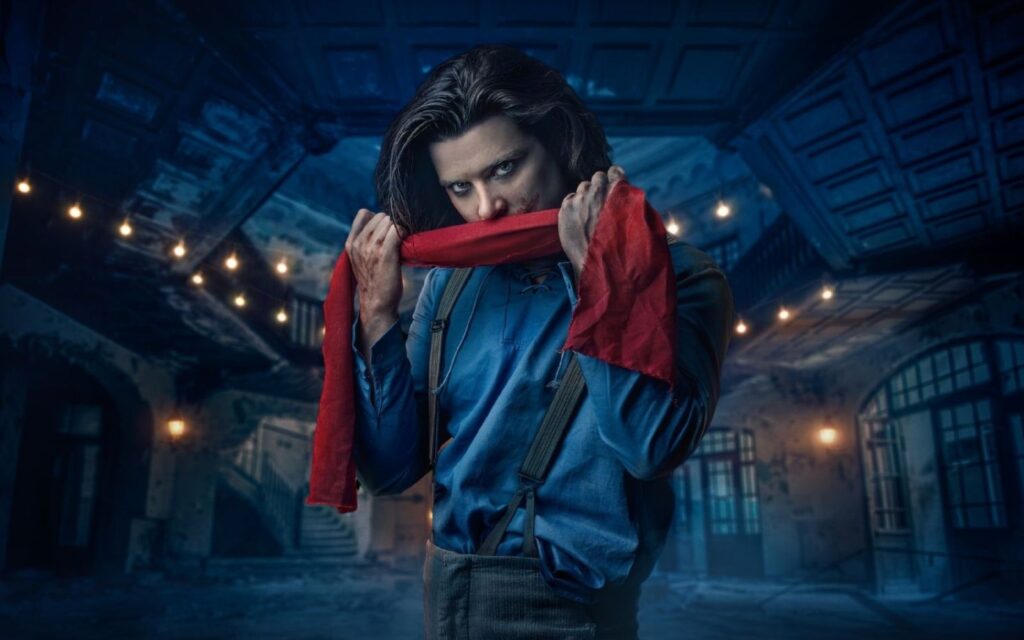There’s a trend towards brutal honesty in our pop culture at the moment.
Hannah Gadsby’s Nanette brought us all face-to-face with the unfunny reality of mental illness. Maid revealed in uncomfortable detail the cycles of poverty and domestic violence keeping America’s underprivileged down. Even comedic rapper Lil Dicky recently made a semi-autobiographical show, Dave, that was surprisingly raw, incredibly awkward and unnervingly relatable in its darkly humorous (and sometimes just completely unhumorous) explorations of depression, anxiety, bipolar disorder and privilege.
The flood doors are opening and a slew of long-hidden social crises being revealed – or the silent pandemics, as they are now being referred to in the COVID era.
Check out Melbourne’s latest stage shows, stand-up comedy and theatrical events here.
Much like a jagged little pill (yes, we went there), they are hard to swallow. But at least they are finally being aired.
Always bustling to the front of the zeitgeist, Alanis Morissette released her musical Jagged Little Pill on Melbourne last week, and it, too, got very real very quickly. Drug addiction, gender-based violence, racism and queerphobia are just a few of the themes wrenched out of an uncomfortable belly of “suburban despair” in a musical about a painfully perfect nuclear family that turns out to be perfectly painful.
The breadth and depth of topical coverage, and the intricate portrayals endowed by the incredible cast (shout out to Casting Director Natalie Gilhome), are made all the more impactful by their rarity on Broadway, where issues like rape are still seen by many as taboo.
In fact, Morissette was initially told to edit out the portion of the show that dealt with sexual assault, to which she responded: “Not a fucking chance!”
Safe to say, it’s not your typical jukebox musical.
As put by Leah Howard, the show’s Associate Director tasked with translating Director Diane Paulus’ vision to the Australian stage: “They’re real people, you know… [the actors] out there are really playing real people because the characters are written so well… These are words that people say! We may have said them ourselves.”
It’s true. In one of the show’s final scenes, Frankie (newcomer Emily Nkomo) makes a comment to mum MJ (Natalie Bassingthwaighte) that “I just never saw you as a person”. This almost throwaway line was met with one of the biggest laughs of the night. Because we’ve all thought it! Many of us probably still do (sorry mum and dad).
Even the musical’s harshest critics seem to have found points of connection throughout the show, namely with Jo – a gender non-conforming teen trying at once to discover and assert their identity in a nuclear-normative world. Played by Maggie McKenna, Jo’s powerful rendition of You Oughta Know is indescribably good. Literally, indescribable. So we let McKenna do the talking.
“You Oughta Know is that real gutsy ‘fuck you’ song that we’ve all wanted to sing to someone… We all connect to Jo because watching someone get left by someone else is something a lot of people can relate to. We all connect with Jo as someone who is finally getting their moment to say their piece.”
McKenna is one of a (too) slowly growing number of non-binary actors to take centre stage in Broadway productions. Their short but impressive theatre portfolio includes Muriel Heslop in Muriel’s Wedding and Medium Alison in Fun Home, demonstrating a proclivity for culturally significant pieces and norm-challenging characters.
McKenna adds: “It is really cool as a non-binary person to be in the role because I can bring that side of it out. I definitely am proud to be on that stage repping NB (non-binary) kids with a lot of the other cast who are also non-binary… It’s the first show I’ve been in where there’s been this many gender-diverse people in it with me.”
They are also, of course, in the process of writing their own musical. If taking Morissette’s lead, we wouldn’t be surprised if they become one of the youngest, most widely acclaimed artists in their field very soon.
But for now, they are putting all their energy into Jagged. And it requires a lot of energy, with eight physically gruelling two-hour shows a week.
Like Howard, McKenna is driven by the passion of the wider cast and the important truths the show expounds. “I’m just lucky to do it every night… These characters… are representing a whole wide community who’ve been through a lot of pain and trauma. The original album was incredibly angsty and so this show needed to feel that deep and powerful and angry.”
While bringing the show to Australia from its American roots has necessitated some changes, with certain terms needing to be adapted for the benefit of local audiences, Howard says that, sitting in the theatre, the universality of the feelings conveyed through Morissette’s music, woven together flawlessly by the carefully scripted narrative of Diablo Cody (of Juno and Jennifer’s Body fame), is clear.
“I’ve sat in there while people have had to leave, or people have cried, and they’ve had big conversations at the end of the show. It’s amazing how moved people get when they see themselves… We’re not afraid to put that out there on the table for everyone to see… We don’t just tie it up with a big bow and put it under the Christmas tree. There are still unanswered questions… Because we want to create conversations.”
At its heart, the show does as Morissette has always done – legitimises ‘ugly’ or unacceptable emotions; such as rage for women, particularly women of colour like Frankie, and sadness and sensitivity for men.
“I think choreographically, you know, Larbi (Sidi Larbe Cherkaoui), who is not a musical choreographer (his portfolio ranges from Circque du Soleil to Beyoncé), has really gone to town with the emotional connection of the physicality of this movement and the story, you know, and it’s all-encompassing.”
Intimacy directors were hired to help craft the more intimate, challenging scenes and support the cast to perform the incredibly powerful, at times uncomfortable, choreography night-after-night.
“It’s a great thing to do to keep things technical, keep things in the workspace communicable, and make sure that everybody is comfortable and safe,” explains Howard. “[We] check in with each other every day… and if things don’t feel comfortable for that day, you know, we open up the conversation… We do what’s right for every actor on the day.”
This is a standard that wider Broadway is finally, albeit slowly, picking up – one that will only become more essential as musicals push the folds of what is comfortable.
In more ways than one, Jagged is setting important precedents for the world of theatre. From increasing representation on the LGBTQI+ spectrum, to normalising intimacy directors, to confronting hitherto ‘taboo’ issues like sexual assault.
If Jagged is a glimpse into the future of Broadway, we might finally be ready to admit that we’re excited for the year to come.
Find more information and book tickets to Jagged Little Pill here.
